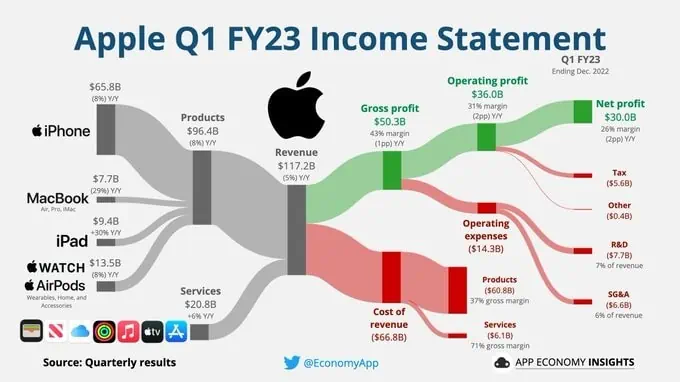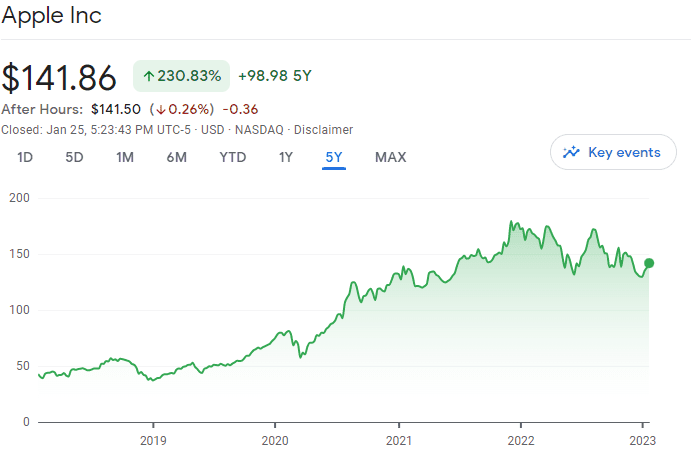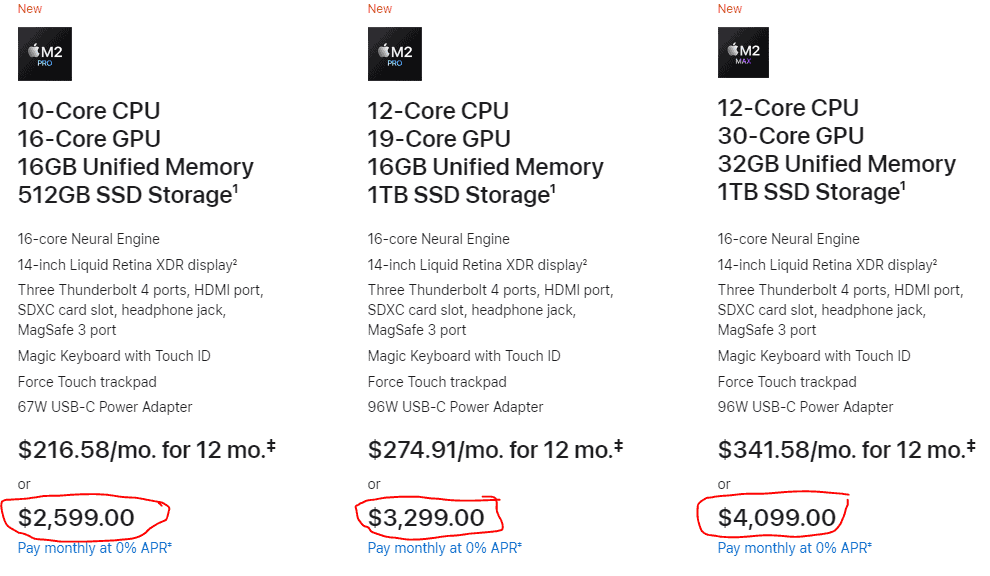
By Anita Bruinsma, CFA
Clarity Personal Finance
Most people know that investing in the stock market is a good way to earn higher returns on their investments. Money in savings accounts and GICs doesn’t grow fast enough to keep up with inflation over time. To avoid eroding the value of savings, the stock market is the place to be.
You might agree that you need higher returns, but you might not want to support certain companies or industries for ethical reasons. When you buy a traditional mutual fund or exchange-traded fund (ETF), you will own dozens, hundreds or even thousands of companies. Not all of them will line up with your values.
The stock market is an efficient mechanism for companies to get access to the funding they need to grow – to develop new products, to offer more services, and to produce more goods. Like it or not, we are all part of this ecosystem. It’s impossible to escape. But what if you could earn higher returns while avoiding the worst of the worst companies, the ones you really don’t like?
Enter SRI and ESG investing.
What is SRI, ESG and impact investing?
SRI and ESG investing are terms used to describe ethical investing. Sometimes the terms are used interchangeably, but there are differences.
Socially-responsible investing, or SRI, is a way for investors to own companies that better align with their values, usually by eliminating certain sectors of the economy like oil, tobacco and weapons. Environmental, Social and Governance (ESG) investing is a little different – it applies a screen to companies to evaluate their practices as it relates to environmental, social and governance issues. The main difference is that with SRI you are avoiding certain industries, but with ESG you are investing in the “better or less bad” companies. There is a third term: impact investing. This takes things a step further and focusses on companies that are actively doing ethically-appealing activities, like funding community projects, enhancing solar energy technology, or financing local food producers.
For example, an SRI ETF might invest in the U.S. market index but eliminate companies in oil production and weapons manufacturing. An ESG fund might invest in the U.S. market index but exclude the bottom 25% of companies, as ranked by their ESG practices. An impact fund might invest only in solar energy companies.
Three things you need to know
There are some important things to understand about ethical investing before you jump in.
- You’re not always getting what you think you’re getting.
Would you be surprised to learn that your ESG fund owns Amazon, a seller of massive amounts of consumer goods that provides same-day, gas-guzzling delivery? Or Halliburton, one of the world’s largest fracking companies? Or Agnico-Eagle, a mining company? The reason they are in the ESG fund is that they are actively doing things to be less bad, or even do some good. They get points for writing a report outlining their environmental practices, like buying electric vehicles, using more green energy in their operations, and doing environment clean-up. Their operations might not be great for the world (although we all use oil and gas, metal, and probably Amazon), but they are offsetting some of the damage by doing good things. Continue Reading…








